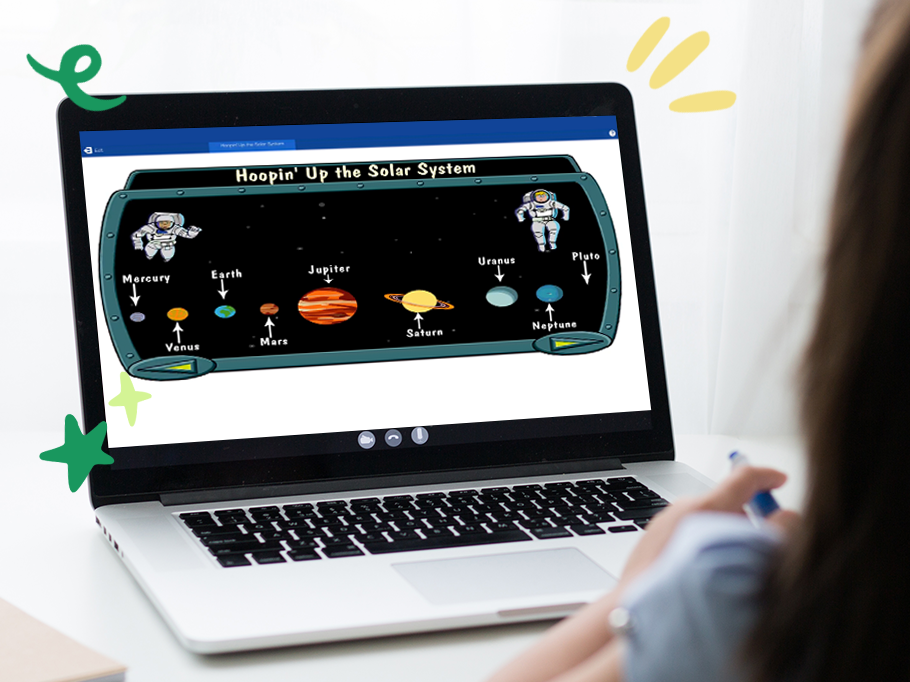
Texas state standardized test prep
Texas state standardized tests, primarily the STAAR (State of Texas Assessments of Academic Readiness), are essential for measuring student performance and ensuring educational standards are met across the state. These assessments evaluate students in subjects such as English Language Arts, Math, Science, and Social Studies, and are an important part of Texas’ education system. In this article, we’ll explore the various standardized tests in Texas, the testing schedules, and tips for students to prepare effectively.
Which standardized tests are given in Texas? When are they offered?
In Texas, the primary standardized tests given to students are:
-
STAAR (State of Texas Assessments of Academic Readiness):
- This is the primary assessment for students in grades 3-8, testing in subjects like English Language Arts (ELA), Mathematics, Science, and Social Studies.
- When it's offered: The STAAR is administered annually in the spring, with testing windows typically between April and May.
-
End-of-Course (EOC) Exams:
- These exams are required for high school students in specific courses, such as Algebra I, English I, English II, Biology, and U.S. History.
- When it's offered: EOC exams are administered at the end of the course, typically in May, with additional opportunities for retesting in the summer and fall.
-
TELPAS (Texas English Language Proficiency Assessment System):
- TELPAS is for students in kindergarten through 12th grade who are English language learners (ELLs). It measures the progress of these students in learning the English language.
- When it's offered: TELPAS testing typically occurs in the spring, alongside the STAAR assessments.
-
Alternate Assessments:
- For students with significant cognitive disabilities who cannot take the standard STAAR tests, Texas offers an alternate assessment (STAAR Alternate 2). This assessment evaluates students' academic progress based on alternate standards.
- When it's offered: The STAAR Alternate 2 is given during the same general testing windows as the STAAR tests (usually in spring).
The exact testing dates can vary each year, so it’s important for students and parents to check with their school district for the specific testing windows.
Are Texas homeschoolers required to take standardized exams?
No, Texas homeschoolers are not required to take standardized exams. Texas law does not mandate standardized testing for homeschooled students. However, homeschool families must adhere to the state's homeschooling requirements, which include:
-
Required Subjects: Homeschoolers must provide instruction in reading, spelling, grammar, mathematics, and other subjects that are appropriate for the student's grade level.
-
Recordkeeping: While standardized testing is not required, parents are responsible for maintaining records of their child’s educational progress.
-
Optional Testing: While it is not required, Texas homeschoolers can choose to administer a standardized test (such as the Iowa Test of Basic Skills or the Stanford Achievement Test) if they wish. Some families may opt for this to assess their child’s progress or to meet certain educational goals.
In summary, Texas homeschooling laws do not require standardized exams, but parents are encouraged to maintain an educational plan and track their child’s progress.
How can Time4Learning help Texas students prepare for standardized testing?
Time4Learning helps Texas students prepare for standardized testing by offering a comprehensive, state-aligned curriculum in Math, English Language Arts, Science, and Social Studies. The program features interactive lessons, quizzes, and detailed progress tracking to help students build the skills necessary for success on exams like the STAAR.
- State-aligned curriculum: Covers the subjects tested on Texas’ STAAR exams.
- Practice & review: Interactive lessons and quizzes to reinforce key concepts.
- Progress tracking: Parents can monitor student performance with detailed reports.
- Support for special needs: Customizable pacing and visual aids to cater to diverse learning needs.
This flexible approach ensures that students can effectively prepare for standardized testing while learning at their own pace.
Legal note
We have done our best to ensure the accuracy of this information, however it should not be interpreted as legal advice. It is your responsibility to interpret and understand the laws that you will be homeschooling under.

















